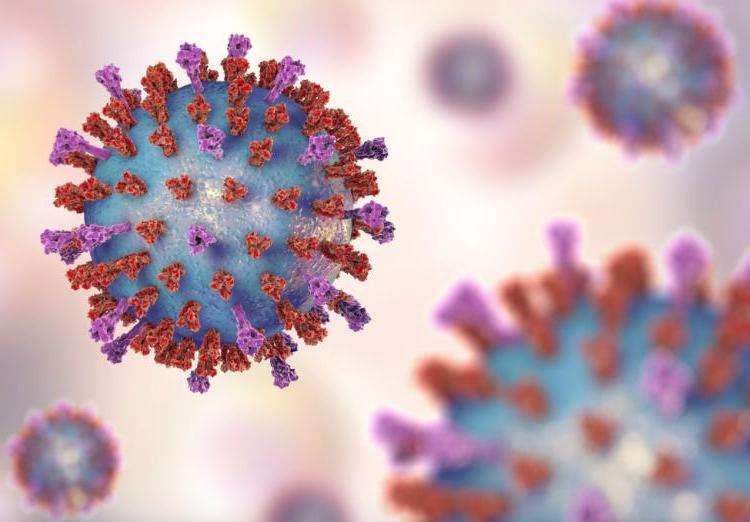
Colchicine, which is used to treat gout and other inflammatory disorders, appears to improve survival rate in patients with COVID-19 as compared with standard of care (SoC), as shown in a study.
The drug was considered for the treatment of COVID-19 based on its well-recognised anti-inflammatory effects and potential antiviral properties, according to researchers. In the study, they evaluated outcomes in 140 hospitalized COVID-19 patients who were treated with SoC (hydroxychloroquine and/or intravenous dexamethasone; and/or lopinavir/ritonavir) and in 122 patients treated with colchicine (1 mg/day) and SoC (antiviral drugs were stopped before colchicine, due to potential interaction).
At baseline, the SoC group showed lower serum concentrations of C-reactive protein and ferritin, as well as neutrophil count, but higher PaO2/FiO2 ratio.
Over 21 days of follow-up, survival was more favourable in the colchicine than the SoC group (84.2 percent vs 63.6 percent; p=0.001). On Cox proportional hazards regression survival analysis, colchicine use was strongly associated with a lower risk of death (hazard ratio, 0.151, 95 percent confidence interval, 0.062–0.368; p<0.0001).
Risk factors for poor survival included older age, worse PaO2/FiO2, and higher serum levels of ferritin at entry.
Colchicine had a good safety profile, with no treatment discontinuation due to severe adverse events. Dosing was reduced from 1 to 0.5 mg/day in nine patients (7.4 percent) due to diarrhoea.
The current study provides proof-of-concept data supporting the possible use of colchicine in the treatment of the early phase of COVID-19, with the aim of preventing the patient’s autoinflammatory response, the researchers said.
Properly designed trials are needed to determine the efficacy and safety of colchicine and the best protocol in terms of dosage and timing of administration in patients with COVID-19, they added.